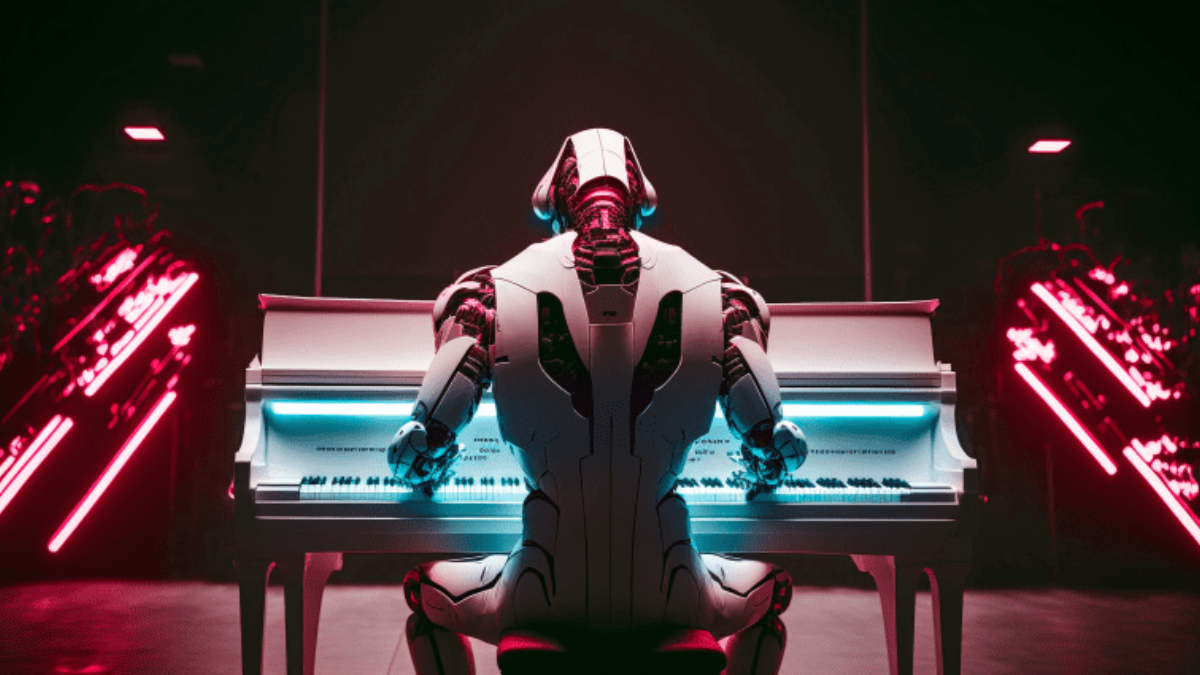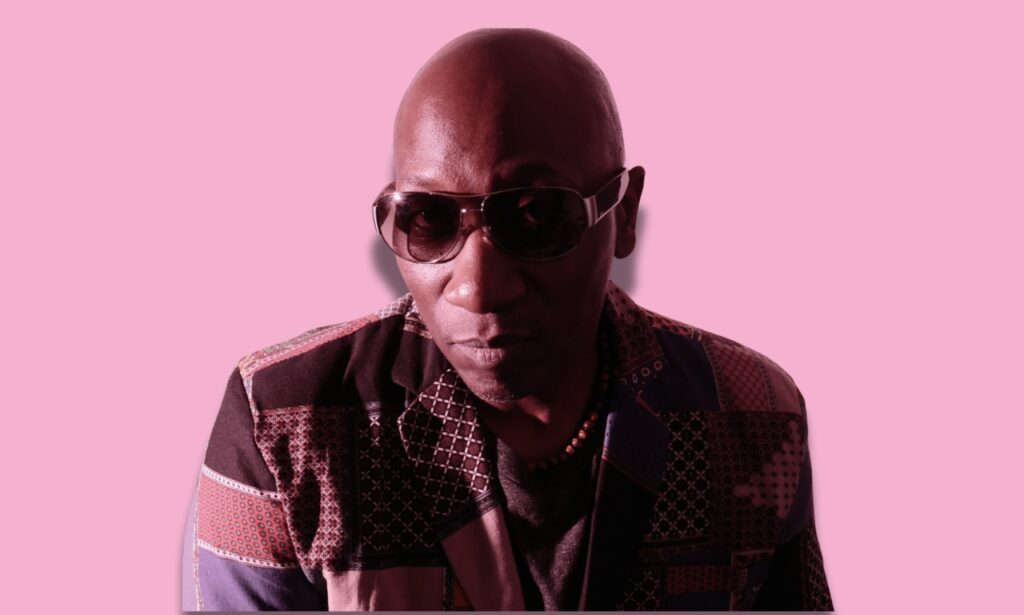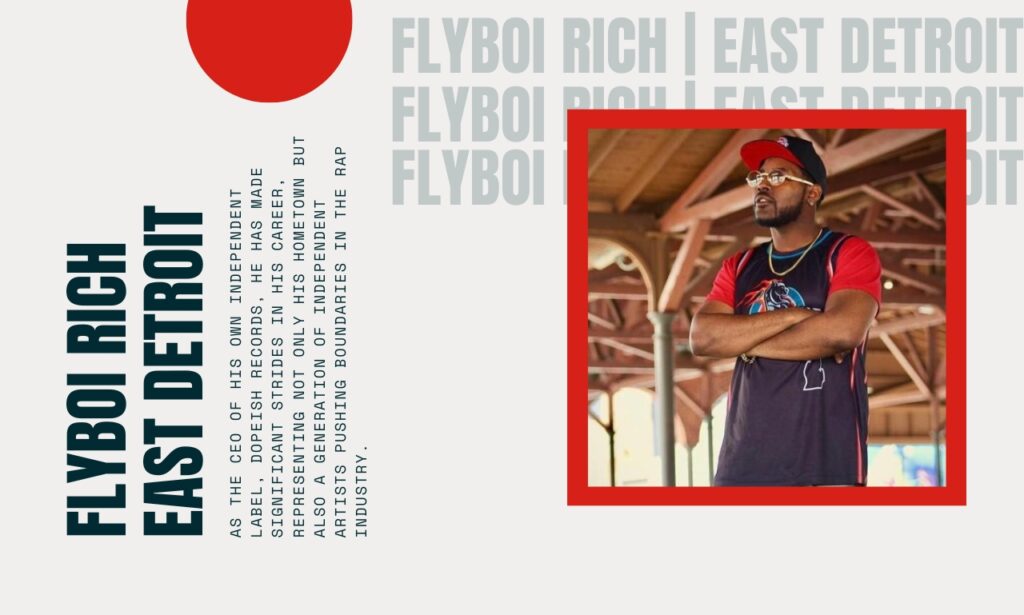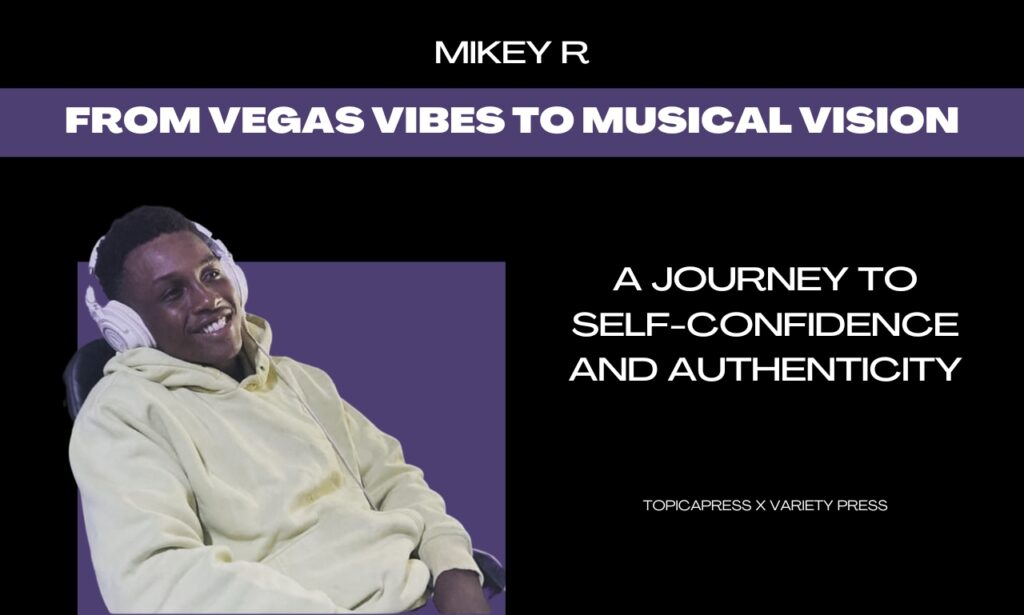The rise of artificial intelligence has transformed many aspects of our lives, including the way we create and consume music. With the development of AI-powered music generators, it is now possible to create songs that resemble the style and sound of established artists, raising new questions about copyright, creative rights, and the ethics of using AI in the music industry.
Recently, a video of DJ David Guetta playing an AI-generated track that sounded like Detroit rapper Eminem went viral, sparking a heated debate about the use of AI in music. While this track was not released commercially, some social media users are sharing songs on platforms like TikTok and Spotify, which feature other artists.
For example, an AI-generated track called “Heart on my Sleeve” featuring rapper Drake and singer The Weeknd, was recently pulled after getting millions of listens online. This raises concerns about the ethics of using AI to create music that resembles established artists, as well as the legal implications of using copyrighted material without permission.
“There’s a very fine line here between creativity and copying, or stealing,” said Jonathan Anderson, an associate professor of composition at Wayne State University. “I think the ethics of whose material that we’re tampering with become a huge part of the problem.”
One of the biggest concerns with AI-generated music is the lack of consent from the original artists. Even if the music is not released commercially, using an artist’s likeness and style without permission violates their creative rights and autonomy. This is particularly alarming for smaller artists and musicians who do not have the backing of major record labels or legal teams.
“If our music is being used in a way we don’t approve, that is probably the scariest thing of being an artist today. A lot of us are by ourselves. We don’t have representation of huge conglomerations,” Anderson said. Lack of consent doesn’t matter if it’s a multi-award-winning artist or a musician who teaches students at a local university.
Moreover, there is a risk that AI-generated music could undermine the value and originality of human creativity. While AI can produce music that resembles established artists, it cannot replicate the unique experiences, emotions, and perspectives that humans bring to the creative process.
As AI technology continues to advance, it is important for the music industry to establish ethical guidelines and best practices for using AI-generated music. This includes obtaining consent from original artists, ensuring that AI-generated music is not used for commercial purposes without permission, and respecting the creative rights and autonomy of all artists, regardless of their status.
The rise of AI-generated music has raised important questions about the ethics and legal implications of using AI in the music industry. While AI can produce music that resembles established artists, it cannot replace the originality and creativity of human musicians. It is essential that the music industry works together to establish ethical guidelines and best practices for using AI-generated music, and respects the creative rights and autonomy of all artists.
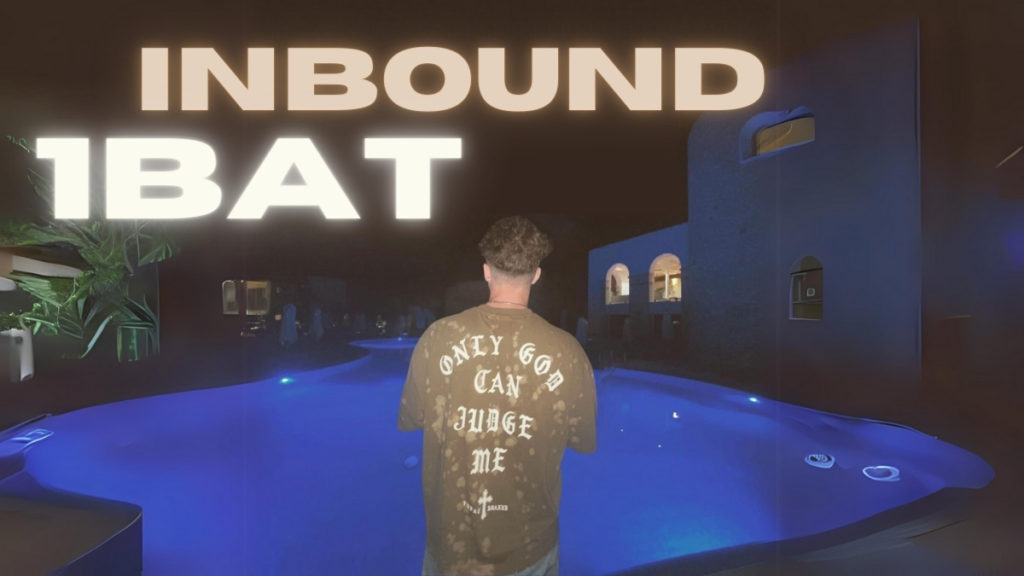
Enter the World of 1bat: From Adversity to Ambition
In the rapidly evolving music landscape, a new artist has emerged, captivating audiences with his unique blend of raw rap

